BOONE, N.C. — Appalachian State University alumna Crystal Kelly ’00 ’09, who holds a master’s degree in social work, has been selected to direct efforts to build a coordinated, early childhood system and local financing stream for early childhood initiatives in Watauga County. High-quality early care and an education accreditation program for local child care providers are her key goals.
Kelly’s work is designed to have national impact, as last September she was named one of a dozen community leaders across the U.S. for the inaugural cohort of the Pritzker Fellows Program, an endeavor of the National Collaborative for Infants and Toddlers to ensure children under the age of 3 are on track for kindergarten readiness.
Chosen for their expertise across the fields of social work, child care and pediatric medicine, Pritzker Fellows are tasked with leading their communities’ efforts to advance policies and programs for young children (birth–3 years old), when rapid periods of brain development are critical for a child’s later success, Kelly said.
“In Watauga County, we’re developing early childhood systems with high-quality early care, education accreditation programs for local child care centers and universal home visiting for new families,” Kelly said. Through grants and partnerships with national organizations, the fellowship will provide resources and support to Watauga County to develop and execute these plans.
Working with members of their local communities to design programs, Pritzker Fellows collaborate with one another to determine which elements can be scaled up to a national level.
“It’s like building a plane as we’re flying it,” Kelly said. “There are innovative programs in communities across the country, and we’re sharing ideas as they’re being developed.”
Kelly served as the executive director of the Children’s Council of Watauga County for seven years, often bringing different people and organizations together around common agendas. The Children’s Council is a nonprofit agency serving as the administrator of North Carolina’s Smart Start Program and supporting children and families in the county.
Appalachian’s Lucy Brock Child Development Laboratory School (LBCDLS), a program that serves as a model and professional preparation site for individuals working with young children, is one of the Smart Start Program vendors in Watauga County and is the model site for the accreditation program. Along with various other departments at the university, LBCDLS has had a close relationship with the Children’s Council for years.
When Kelly began her Pritzker Fellowship, her first order of business was assembling a stakeholder committee of about 30 child care professionals, educators, policymakers and local business people to provide input and decisions. Appalachian faculty and staff members on the committee:
- Dr. Denise Brewer ’96, associate professor and chair of the Department of Family and Child Studies.
- Andrea Anderson ’94 ’10, director of the LBCDLS.
- Moriah Stegall ’07 ’14, director of Appalachian’s Child Development Center.
Brewer said, “Having stakeholders from different sectors is important because early childhood development is a community issue. We try to see how each segment can help raise standards of early education and help children and their families. It is amazing to see all of these people working together.”
Stegall said the Pritzker Fellowship will bring national attention to changes in the field of early childhood care. “More people will understand that the work we’re doing is not simply day care, but high-quality early care … and will help people understand that we don’t just need more spots — we need quality places for our children.”
Stegall added, “Knowing that we have the community underpinning for Crystal to secure this fellowship — which was extremely competitive — shows that we already have some of the infrastructure in place to move the field from simple day care to a relationship-focused, child-centered type of care.”
The issues
Kelly, who earned her Bachelor of Social Work and Master of Social Work from Appalachian, has worked with children and families in Watauga County for 17 years, primarily with children in difficult family situations such as poverty, addictions, food insecurity and abuse.
Kelly said, “In many cases, these children aren’t brought to the attention of society until they start school, and by then we’ve missed the window of opportunity. Brain science shows that the most rapid development occurs in the first three years of life. I believe that if we could direct our resources towards children beginning at birth, we could prevent some of these social problems.”
She pointed out that all young children need support, not just those in difficult family situations. “It’s a national issue. The U.S. is one of the few developed countries in the world that doesn’t provide enough support during the first year of a child’s life,” she said. “Many other countries provide extended maternal leave and universal child development programs. They understand that investing in the child when they’re young builds a strong foundation. Our country falls behind.”
Regarding child care, Kelly said, “There is a huge gap in accessibility, affordability and quality in Watauga County and nationwide.” Kelly plans to address each of these issues, beginning first with the quality aspect.
The vision
“Watauga County is known across the state for having one of the best education systems, and I’d like that to extend to early childhood development,” Kelly said.
She said, “We’d like to use the Children’s Council as the hub for early childhood programs, in the same way that the school district office sets standards for individual schools. We want to provide professional development training and advocate livable wages for teachers. Our vision is to administer a local accreditation program, with higher standards than those required by the state.”
For example, Kelly said a high school diploma is the state’s minimum requirement for child care teachers. “We’d like to raise that to a minimum of an associate degree in child development. Research shows that there is a better outcome with teachers educated in the field, so we’re focusing on providing a deeper level of professional development for child care workers, including plans to help them get their degrees.”
Appalachian’s Child Development Center is already enrolled in the Children’s Council Pathways to Accreditation Program, a three-year process with special training focusing on high-quality early care.
Kelly said, “Appalachian is taking a real leadership role, particularly with the planned expansion of the CDC.” (See related story.)
Recognizing that higher quality translates into higher costs, Kelly said she and the stakeholder committee are investigating ways to bring different partners to the table to subsidize the local system.
“We have a rich history in this county of collaboration among nonprofit agencies, an active business community and the university,” she said. “We have a lot of components that can be brought together to understand why early childhood matters to everyone, and the fellowship allows me to do that.”
What do you think?
Share your feedback on this story.
About the Department of Social Work
The Department of Social Work in Appalachian State University’s Beaver College of Health Sciences offers both undergraduate and graduate programs, and is accredited by the Council on Social Work Education. The undergraduate social work program prepares students for generalist social work practice, and graduates can be found in social service agencies, hospitals, schools, hospices, criminal justice systems and mental health facilities. The graduate program teaches students advanced clinical skills for their work as social service managers and leaders, or clinicians who provide services to individuals, families and communities. Learn more at https://socialwork.appstate.edu.
Lucy Brock Child Development Laboratory
The Lucy Brock Child Development Laboratory (LBCDL) at Appalachian State University, operated by the Reich College of Education’s Department of Child Development, Literacy and Special Education, serves as a professional development site for individuals planning to work with young children. As a university lab intended to provide the highest quality education and care for regional children, the program staff model evidence-based practices in the field of early childhood education and apply innovative approaches that contribute to new definitions of recommended practice. Learn more at https://lucybrock.appstate.edu.
About Appalachian State University
As a premier public institution, Appalachian State University prepares students to lead purposeful lives. App State is one of 17 campuses in the University of North Carolina System, with a national reputation for innovative teaching and opening access to a high-quality, cost-effective education. The university enrolls more than 21,000 students, has a low student-to-faculty ratio and offers more than 150 undergraduate and 80 graduate majors at its Boone and Hickory campuses and through App State Online. Learn more at https://www.appstate.edu.
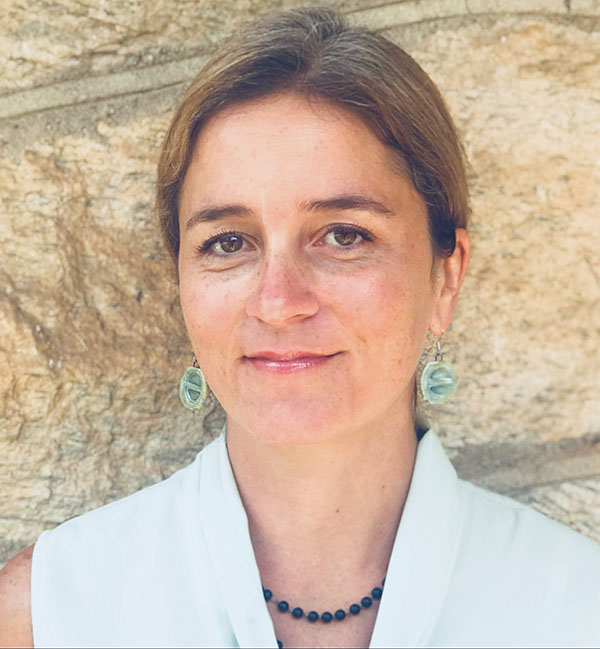
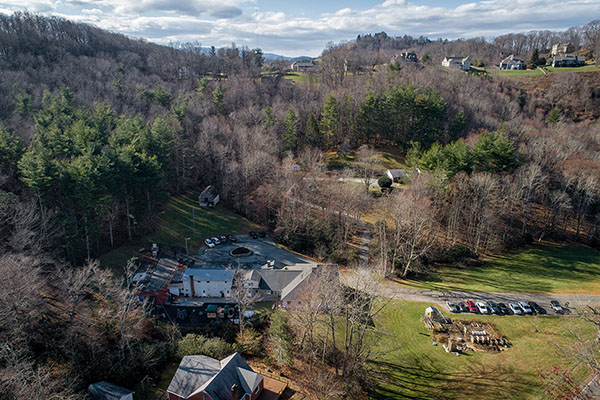
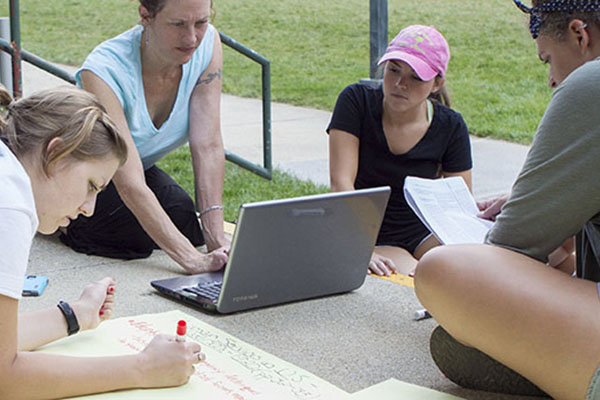
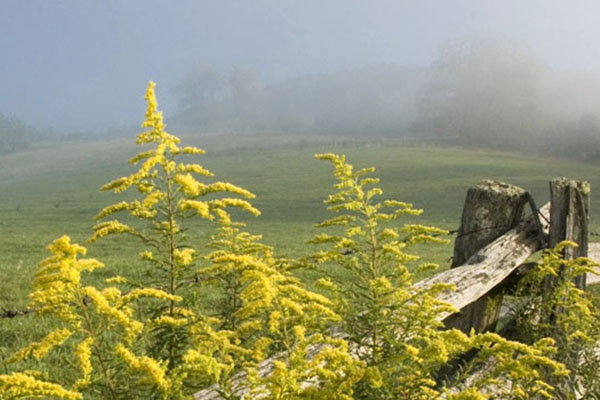
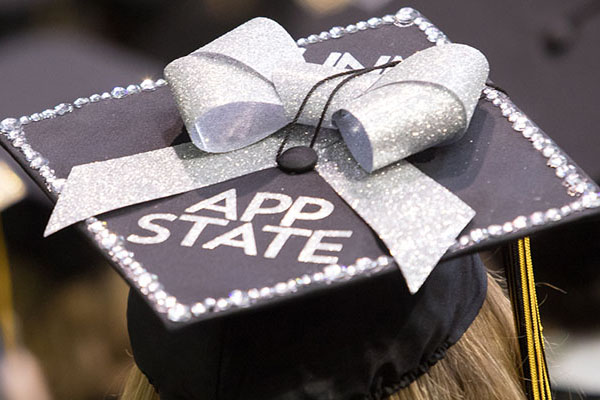

![How NCInnovation Is Rethinking Economic Development in North Carolina [faculty featured]](/_images/_posts/2026/02/rethinking-economic-development-600x400.jpg)









